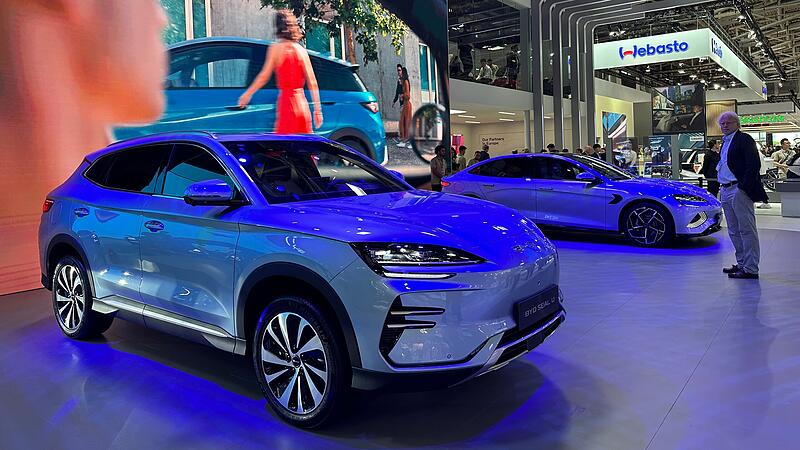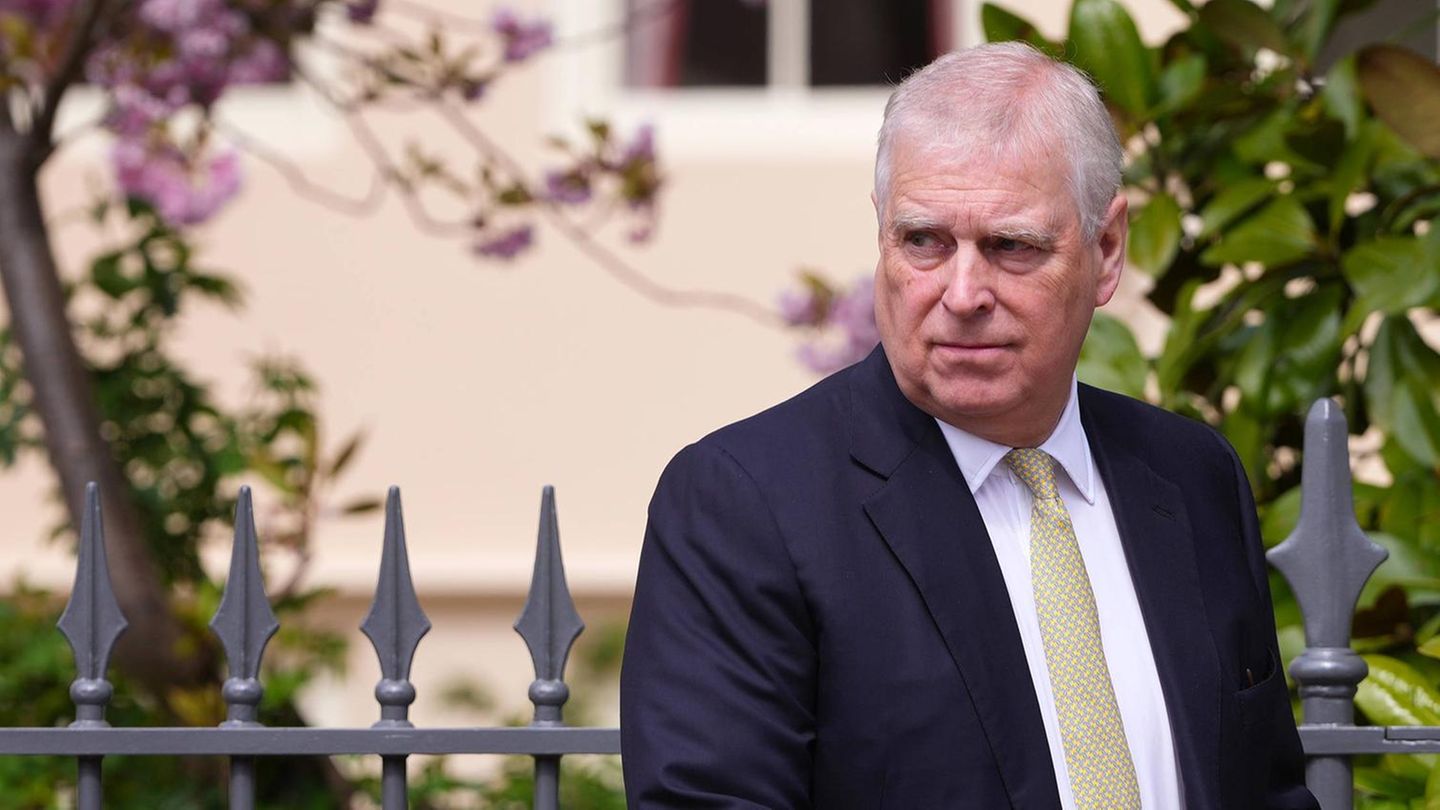Image: BYD
Markets around the world are being flooded with cheap electric cars, EU Commission President Ursula von der Leyen said on Wednesday during her State of the Union speech. “And their price is kept artificially low by huge government subsidies.” China criticizes the investigation and accuses the EU of protectionism.
Questions and answers on the topic:
WHY IS EXPORT SO IMPORTANT FOR CHINA?
Foreign markets are important for Chinese electric car producers as domestic demand has weakened and overcapacity has increased. Bill Russo, head of the consulting firm Automobility in Shanghai, estimates that China produces ten million too many cars every year.
THE IMPORTANCE OF EUROPE FOR CHINESE E-CAR MANUFACTURERS
The EU’s strict emissions regulations have also made Europe a key export market for Chinese electric car manufacturers. In addition, in contrast to the USA, China’s trade relations with Europe are not as tense. According to customs data, shipments of alternative fuel cars from China rose 112 percent in the first seven months of this year. According to the EU Commission, the market share of Chinese electric cars in Europe has increased to eight percent and could increase to 15 percent by 2025.
The importance of Europe for Chinese companies became clear at the IAA motor show in Munich at the beginning of September. Twice as many exhibitors from China were represented there as two years ago.
WHY ARE ELECTRIC CARS MADE IN CHINA CHEAPER?
China produces electric cars cheaper than the rest of the world. According to the EU Commission, they are generally a fifth cheaper than vehicles manufactured in Europe. This is primarily due to decades of government support for the industry through incentives and subsidies. This enabled China to become the world’s largest market for electric cars. The country has thus managed to control the global supply chain for electric vehicles, including raw materials.
The state’s support enabled some companies to become heavyweights in the industry. For example, CATL, the world’s largest manufacturer of batteries for electric cars, or BYD, the group that replaced Volkswagen as the best-selling brand in China this year.
China’s cost and supply chain advantages have attracted foreign companies that also produce in China. The best-known example is Tesla. The US electric car company built more than 700,000 vehicles in its huge factory in Shanghai in 2022, which corresponds to half of its total production. BMW and Renault also build cars for export in China.
WHO IS THE EU COMMISSION TARGET?
The EU Commission’s investigations focus on battery-powered cars manufactured in China, which also includes non-Chinese companies that produce there. The largest exporter is Tesla. According to the US think tank Center for Strategic and International Studies, 40 percent of exports of electric cars from China were accounted for by the US group from January to April.
Popular brands from China that are sold to Europe include Volvo, part of the Geely Group, and the MG brand, which is owned by the state car manufacturer SAIC. BYD, Nio and Xpeng have also started their expansion into Europe.
WHAT SUBSIDIES ARE THERE?
In its investigations, the EU Commission is looking at a wide range of potentially unfair subsidies, from prices for raw materials and batteries to preferential lending and the cheap provision of land. According to estimates by the consulting firm AlixPartners, there were government subsidies for electric and hybrid vehicles worth $57 billion (€53 billion) between 2016 and 2022. The most well-known is government support to stimulate the purchase of electric cars, which is paid to manufacturers. This started in 2009 and was gradually scaled back by the end of last year.
In June, the country also announced a tax package worth the equivalent of $72 billion, which will run over four years. Sales taxes are partially suspended or reduced in order to boost sales of electric cars and vehicles with other green drives. Regionally, there are still many individual measures in China that are intended to attract investment in production through aid or tax incentives, but also purchase incentives for consumers. As the economy has slowed, the number of these programs has increased.
more from economics




